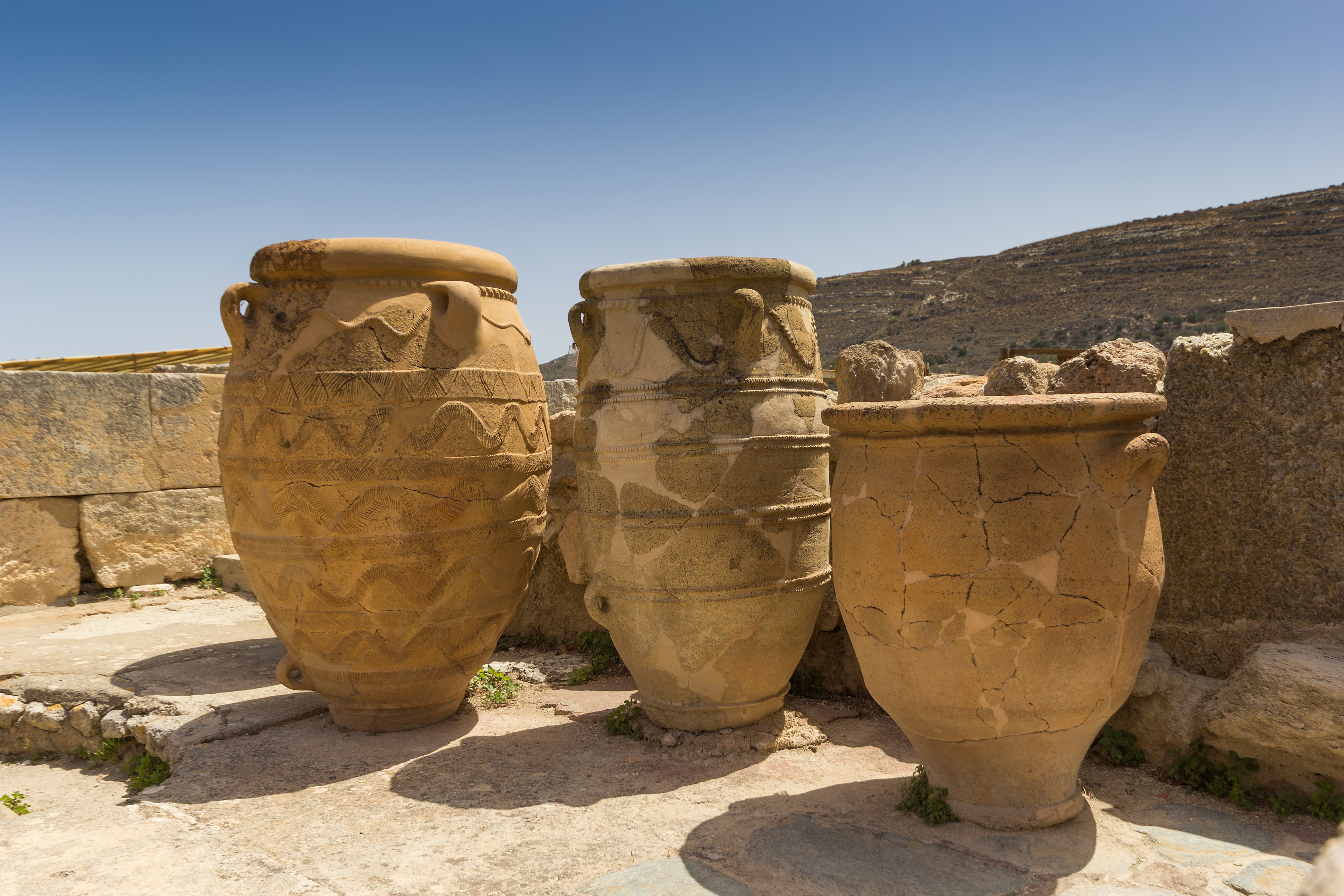Although certain metals such as silver and gold could be mined or panned for in the river other raw materials needed to produce metal-based items were not readily available in ancient Greece necessitating long-distance trade. Trade in Ancient Greece Introduction.
 Economy Of Ancient Greece Wikipedia
Economy Of Ancient Greece Wikipedia
The ancient Greek trade routes expanded fast with the conquests of Alexander the Great.

Trade in ancient greece. In Greece and the wider Aegean local regional and international trade exchange. As trade the Greek city states especially Athens began to export many goods including beautiful decorative itemsand ships. In ancient Greece precious metals especially bronze and silver were used to produce tools weapons jewelry art coins and elaborate drinking goblets for the wealthy.
By the seventh and sixth centuries BC Greek colonies and settlements stretched all the way from western Asia Minor to southern Italy Sicily North Africa and even to the coasts of southern France and Spain. Given the modern knowledge of ancient diets we focus. Some popular imports at the time were salt fish wheat papyrus wood glass and metals such as tin copper and silver.
Trade in ancient greeceDuring the archaic and classical periods roughly 800 to 323 BC ancient Greece rose as a major trading power in the Mediterranean building vast commercial networks and a series of trade- and agriculture-oriented colonies throughout the region. The Greeks were so keen on the rewards of trade and commerce that they colonized large parts of the coastal Mediterranean. The Greeks did not have a lot of metals and slaves so food was produced in vast quatitys.
Grew trade became increasingly important for the economy of ancient Greece. Trade also existed between the Greeks Near Eastern cities and Egypt. In addition to trade with products the Greeks also used currency.
Many traders where not Greek but foreigners. We find strong empirical support for an assertion that there was a market economy in ancient Greece and a major trade expansion in the late Archaic and Classical periods. The city-states of Ancient Greece first traded with each other.
However the soil in Greece is only good for growing a few kinds of plants and so the Greeks had to start trading with other. Greece has a very rich tradition in maritime tradeThe introduction of trade into the Greek culture was one of the most defining points in the history of ancient Greece. If playback doesnt begin shortly try restarting your device.
Contact already existed with. These nautical trade routes in ancient Greece generally passed through the Mediterranean Sea the Aegean Sea and the. Raw materials were produced in the colonies and traded back to the larger cities on the mainland to be made into finished products.
Trade was a fundamental aspect of the ancient Greek world and following territorial expansion an increase. Using data from over one hundred samples collected at six pollen sites in southern Greece we study vegetation change in this region from 1000 BCE to 600 CE. Ancient Greeces position in the Mediterranean allowed them to control some crucial trade routes and seaports.
Food was the most widely traded item in ancient Greece. From Local to International Trade. Trade in Ancient Greece - YouTube.
Trade in Ancient Greece. Simple transactions set the stage for larger scale trade to come. The ancient Greeks were active seafarers seeking opportunities for trade and founding new independent cities at coastal sites across the Mediterranean Sea.
Trading was a very profitable profession in ancient Greece and by trading things like olive oil and wine a trader could become very wealthy. In this collection of resources we examine the products they exported such as wine and olive oil the goods on offer in the agora markets that came via such important ports as the Piraeus and the cultural consequences of all this activity from spreading Greek architecture to. Fine Greek pottery.
One of the oldest known overland trade routes is the Lapis.
Halaman
Monash
Labels
-
When a degree is considered terminal it means that it is the highest degree awarded in a given field. A degree that helps you to reach the ...
-
In Ohio that included the Seneca Delaware Shawnee Ottawa and Wyandot. Erie Indians Honniasont Indians. Ohio Ohio History Central In 1712...
-
In third grade students usually score anywhere between 140 and 190 and in higher grade levels they may progress to a score between 240 and ...
-
The less-used punctuation symbols are virgule underline ellipsis points square brackets etc. The Well-Known Punctuation Errors to Know Befo...
-
Tuition runs 13770 for in state students and 13770 for out of state students. In a segregated post-Civil War country historically Black col...
